Find Help
More Items From Ergsy search
-

Can Type 2 Diabetes be prevented?
Relevance: 100%
-
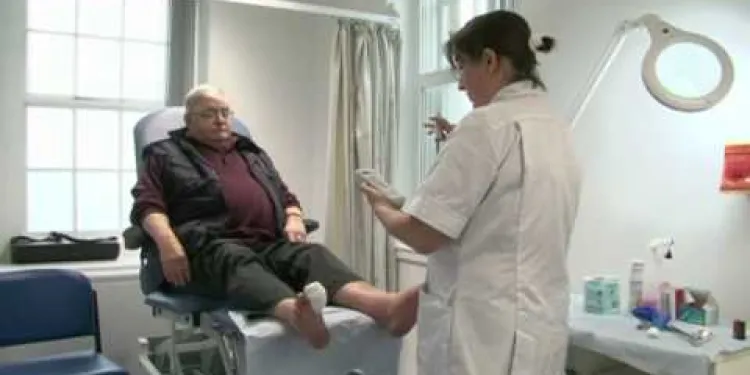
Diabetes Care - Preventing Amputations
Relevance: 97%
-

NHS Diabetes Prevention Programme; Preventing Type 2 and improving outcomes for people with diabetes
Relevance: 95%
-
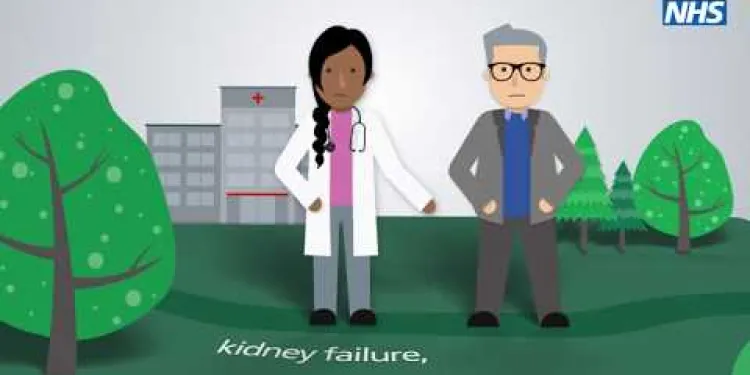
The NHS Diabetes Prevention Programme story
Relevance: 95%
-
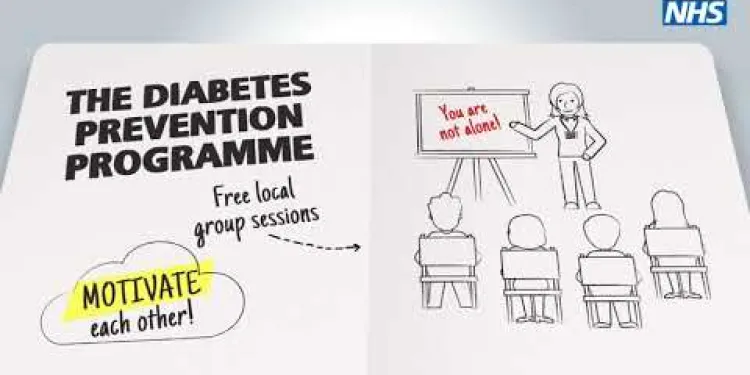
Hansa's story - The NHS Diabetes Prevention Programme
Relevance: 91%
-
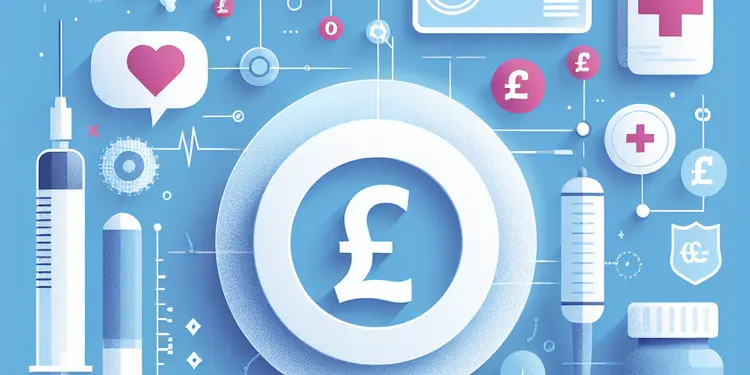
Are there any clinical trials for preventing type 1 diabetes?
Relevance: 91%
-
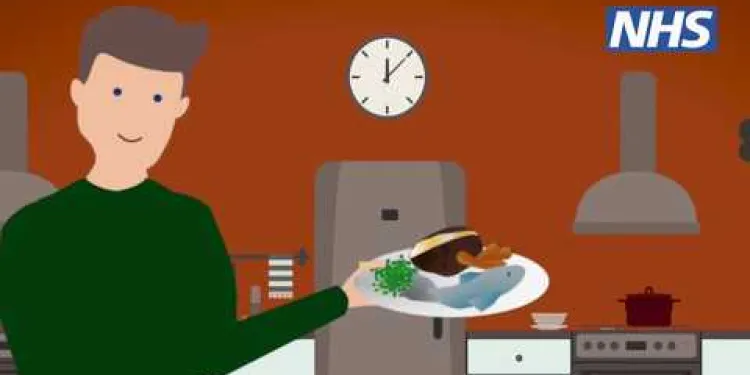
Tom's story (NHS Diabetes Prevention Programme)
Relevance: 91%
-
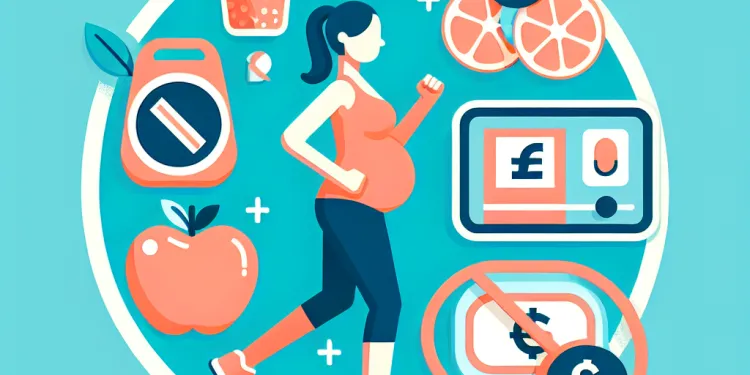
Can exercise help prevent gestational diabetes?
Relevance: 90%
-
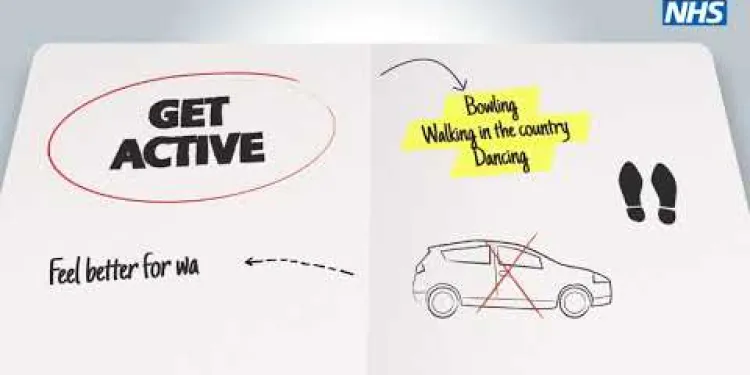
Pam’s story - The NHS Diabetes Prevention Programme
Relevance: 90%
-
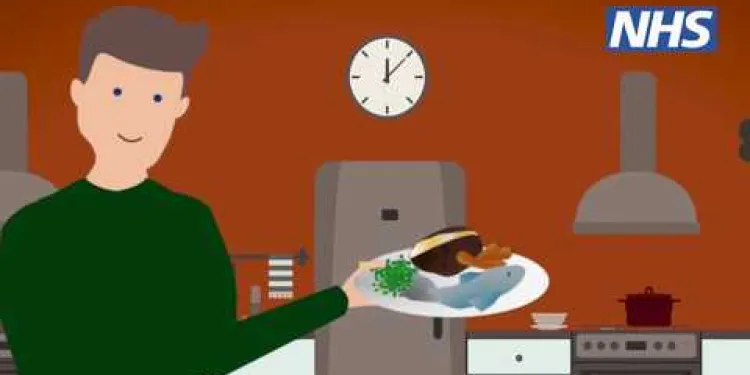
Tom's story (NHS Diabetes Prevention Programme)
Relevance: 88%
-
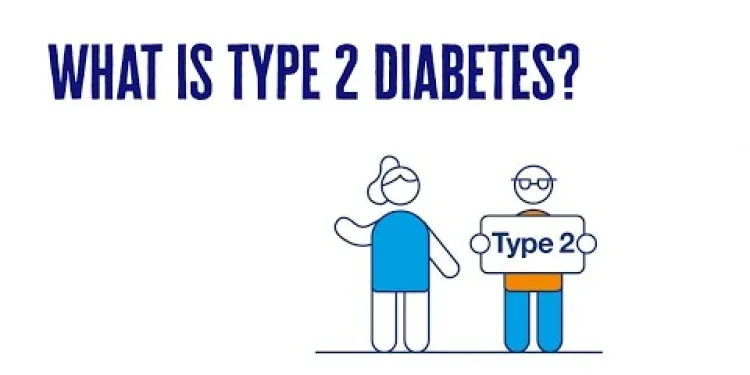
What Is Type 2 Diabetes? | 2 Minute Guide | Diabetes UK
Relevance: 76%
-

Is Type 2 Diabetes hereditary?
Relevance: 72%
-
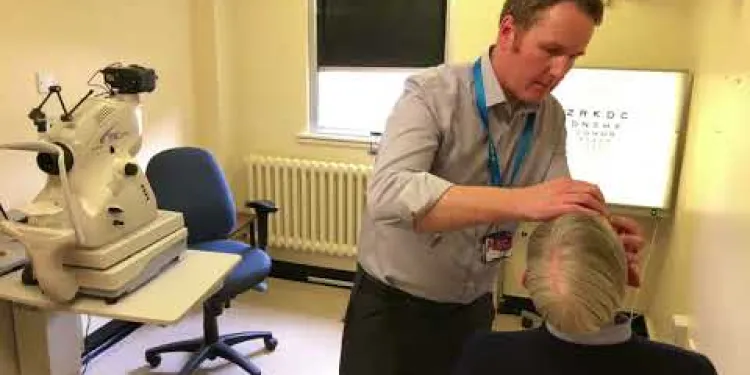
Derbyshire Diabetic Eye Screening - Diabetic Eye Screening
Relevance: 72%
-
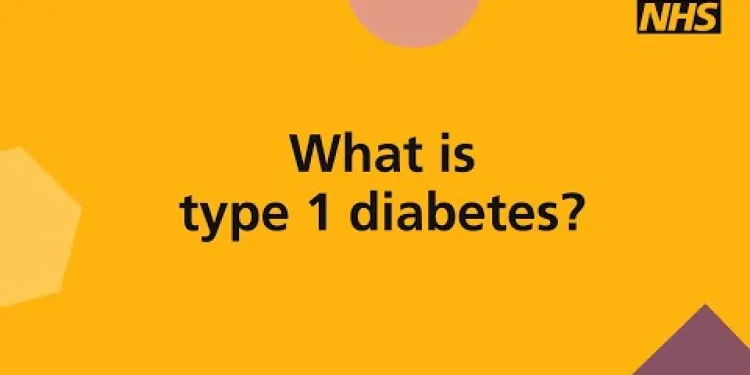
What is type 1 diabetes?
Relevance: 72%
-
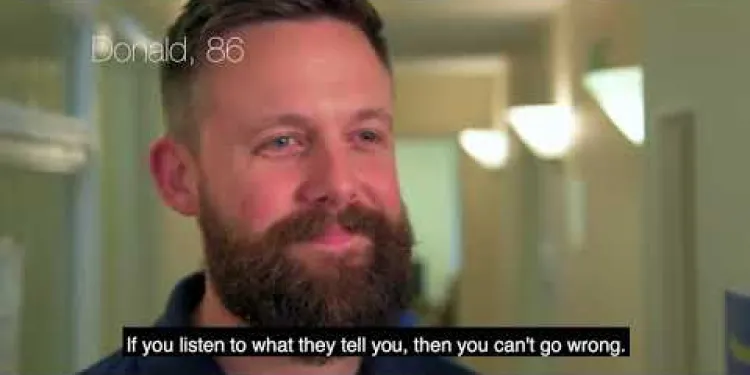
Diabetes Eye Screening
Relevance: 71%
-
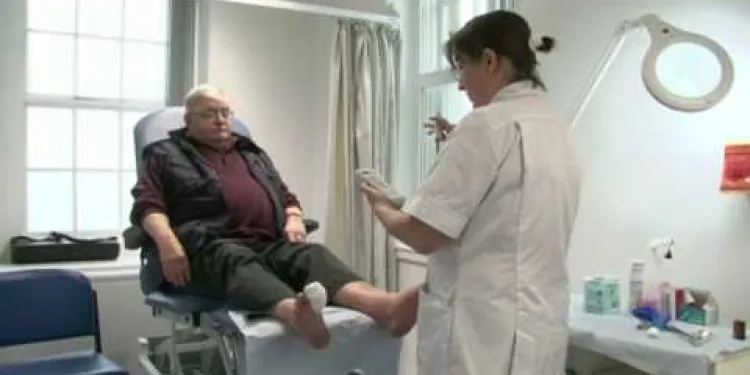
Diabetic Foot Conditions Podiatrist
Relevance: 70%
-
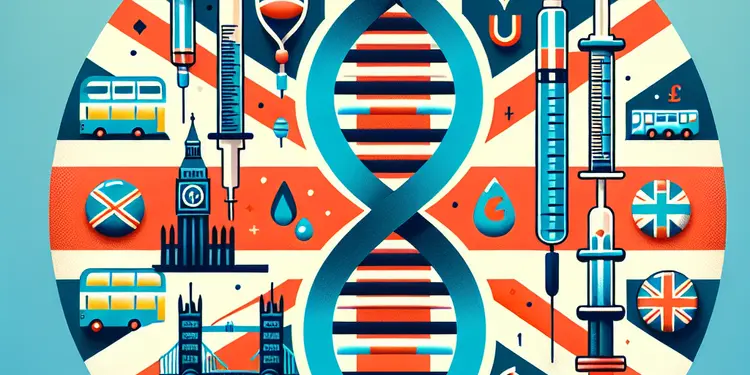
Is there a genetic predisposition to type 1 diabetes?
Relevance: 70%
-
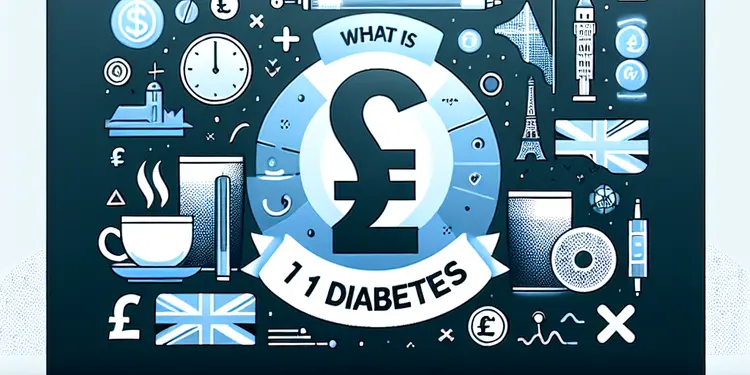
What is type 1 diabetes?
Relevance: 69%
-
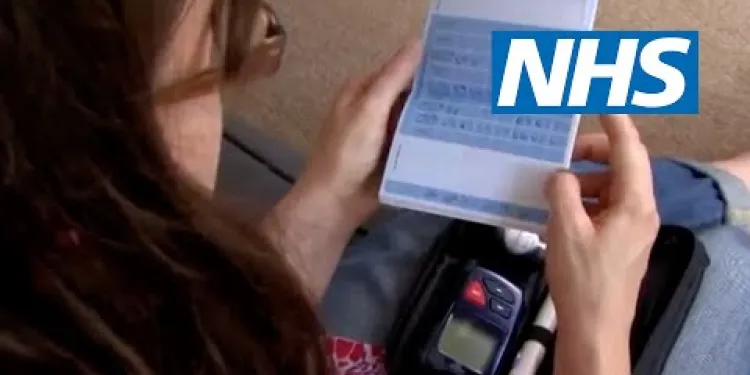
Gestational diabetes | NHS
Relevance: 68%
-
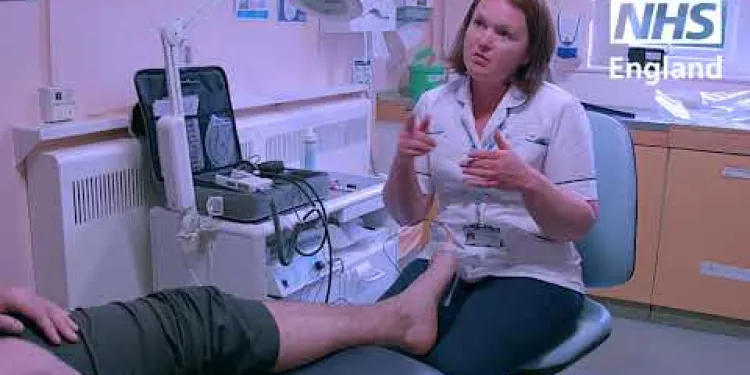
Improving outcomes for people with diabetes
Relevance: 68%
-
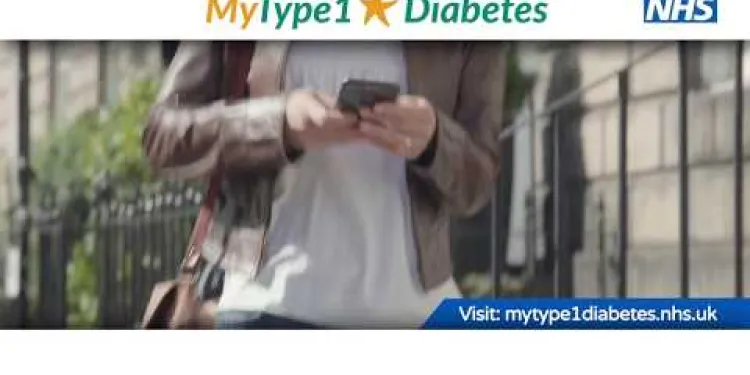
Type 1 Diabetes supporting adults to manage Type 1 diabetes
Relevance: 66%
-

What complications are associated with Type 2 Diabetes?
Relevance: 66%
-

What causes Type 2 Diabetes?
Relevance: 65%
-
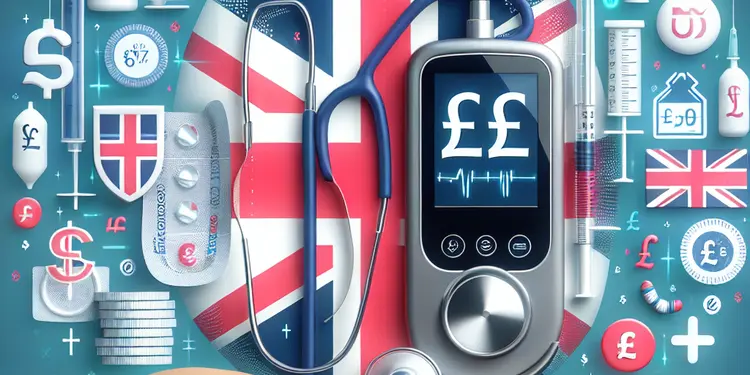
What are the limitations of type 1 diabetes screening?
Relevance: 65%
-
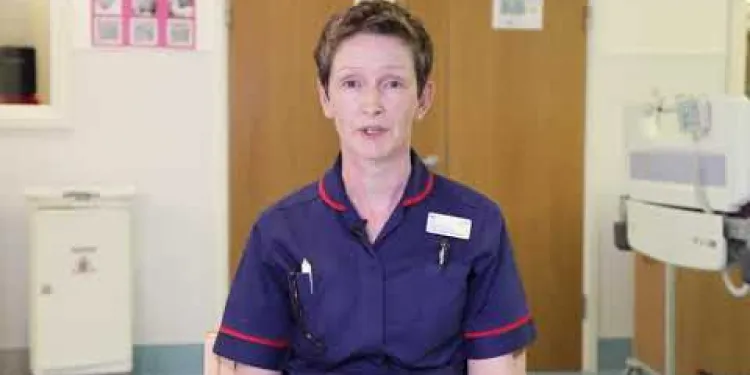
Gestational Diabetes during pregnancy
Relevance: 65%
-
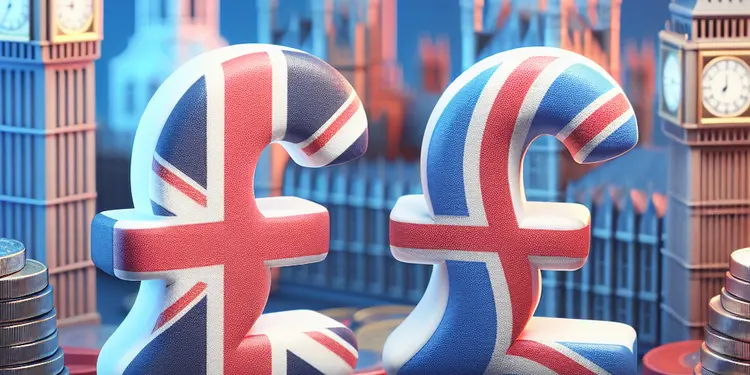
What is the difference between type 1 and type 2 diabetes?
Relevance: 64%
-

How is Type 2 Diabetes diagnosed?
Relevance: 64%
-
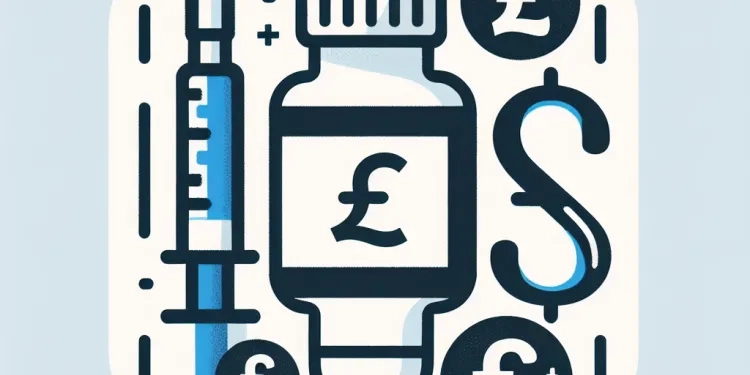
Is Teplizumab used to treat diabetes?
Relevance: 64%
-

What are the benefits of early detection of type 1 diabetes?
Relevance: 64%
-

Can I have sugar if I am diabetic?
Relevance: 64%
-

What does screening for type 1 diabetes involve?
Relevance: 64%
-

What are the symptoms of Type 2 Diabetes?
Relevance: 64%
-
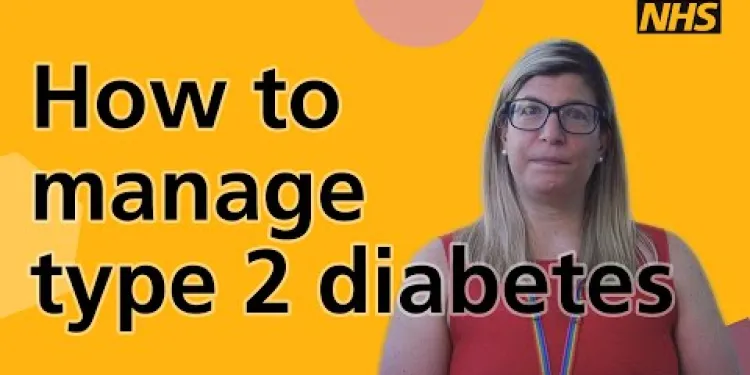
How to manage type 2 diabetes
Relevance: 64%
-

Can Type 2 Diabetes go away?
Relevance: 63%
-
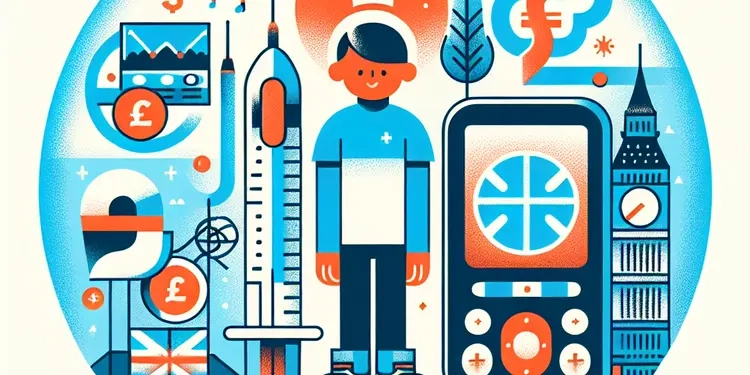
Should I screen my child for type 1 diabetes?
Relevance: 63%
-
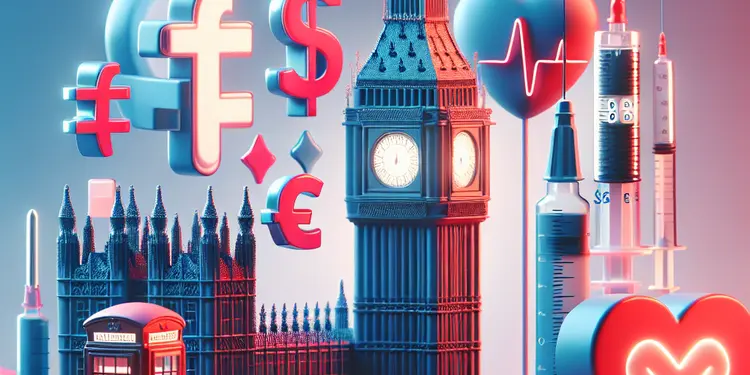
Are heart attack symptoms different for people with diabetes?
Relevance: 63%
-

How is Type 2 Diabetes treated?
Relevance: 63%
-
What is Barbie Doll Diabetes?
Relevance: 62%
-
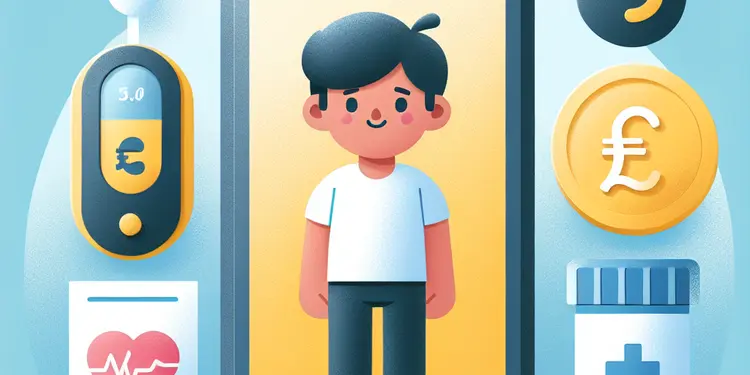
Why should I consider screening my child for type 1 diabetes?
Relevance: 62%
-
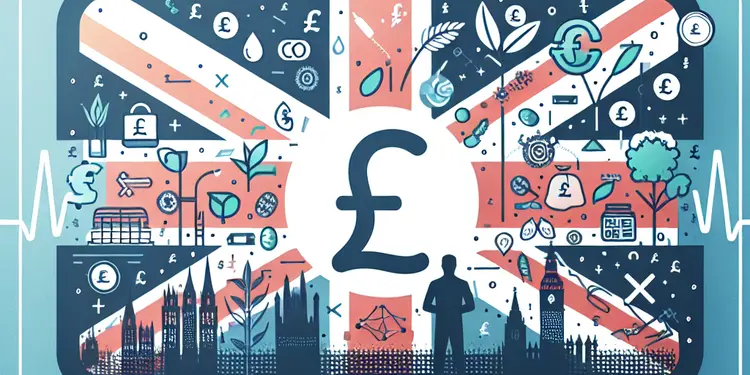
Can environmental factors contribute to type 1 diabetes?
Relevance: 62%
The NHS Diabetes Prevention Programme - Hansa's Story
Introduction to the NHS Diabetes Prevention Programme
The NHS Diabetes Prevention Programme is a dedicated initiative aimed at reducing the risk of Type 2 diabetes among individuals in the United Kingdom. The programme focuses on helping people make sustainable lifestyle changes through education and support, with the aim of preventing or delaying the onset of diabetes.
Hansa's Journey
Hansa, a 58-year-old woman living in the UK, was identified as being at high risk of developing Type 2 diabetes during a routine health check-up. Her GP referred her to the NHS Diabetes Prevention Programme, where she began her journey towards a healthier lifestyle.
The Initial Assessment
During her initial assessment, Hansa learned about the risk factors that contributed to her high risk of diabetes, including her family history, weight, and diet. This thorough evaluation helped her understand her situation better and set clear goals to reduce her risk.
Lifestyle Changes and Support
Hansa participated in educational sessions provided by the programme, which covered topics such as healthy eating, physical activity, and weight management. With the guidance of dietitians and fitness experts, she began incorporating simple but effective changes into her daily routine. Hansa received continuous support from healthcare professionals and peers, helping her stay motivated and on track.
Success and Improved Health
Over the course of several months, Hansa made significant progress. She adopted a balanced diet, increased her physical activity, and successfully lost weight. These changes not only improved her physical health but also boosted her overall wellbeing and confidence. Regular monitoring showed a substantial reduction in her risk of developing Type 2 diabetes.
The Impact of the Programme
Hansa's story is just one of many success stories from the NHS Diabetes Prevention Programme. The initiative has had a profound impact on thousands of individuals across the UK, empowering them to take control of their health and prevent the onset of diabetes. By promoting education, support, and sustainable lifestyle changes, the programme continues to make a difference in public health.
The NHS Diabetes Prevention Programme - Hansa's Story
About the NHS Diabetes Prevention Programme
The NHS Diabetes Prevention Programme is a special plan to help stop Type 2 diabetes. It helps people make better choices in their lives. This can stop or delay diabetes from happening. The programme gives lessons and support to people in the UK.
Hansa's Story
Hansa is a 58-year-old woman living in the UK. At a health check, she found out she could get Type 2 diabetes. Her doctor sent her to the NHS Diabetes Prevention Programme. There, Hansa started learning how to live healthier.
Learning About Risks
At first, Hansa learned why she might get diabetes. She found out it was because of things like her family's health, her weight, and what she eats. This helped Hansa know what changes to make to be healthier.
Changing Habits and Getting Help
Hansa went to learning sessions. These sessions taught her how to eat well, exercise, and keep a healthy weight. Doctors and fitness helpers worked with her. Hansa made small changes in her daily life. With help from health experts and friends, she stayed motivated and kept going.
Getting Healthier
After a few months, Hansa got much healthier. She ate balanced meals, did more activities, and lost weight. Her health improved a lot. She also felt better and happier. Checks showed her risk of diabetes went down a lot.
How the Programme Helps
Hansa's story is not the only one. Many people have done well in the NHS Diabetes Prevention Programme. It helps thousands of people in the UK take care of their health. By learning and changing habits, people can stop diabetes. The programme makes a big difference in health.
Frequently Asked Questions
What is the NHS Diabetes Prevention Programme?
The NHS Diabetes Prevention Programme is a national initiative aimed at helping people reduce their risk of developing Type 2 diabetes through education, support, and lifestyle changes.
Who was Hansa?
Hansa was a participant in the NHS Diabetes Prevention Programme who successfully managed to reduce her risk of Type 2 diabetes by making positive lifestyle changes.
How did Hansa find out about the NHS Diabetes Prevention Programme?
Hansa was referred to the NHS Diabetes Prevention Programme by her GP after a routine health check showed she was at risk of developing Type 2 diabetes.
What kind of support did Hansa receive from the programme?
Hansa received educational sessions, guidance from healthcare professionals, and access to resources that helped her make healthier dietary choices and increase her physical activity.
What dietary changes did Hansa make?
Hansa reduced her intake of sugary foods and snacks, incorporated more fruits and vegetables into her meals, and chose whole grains over refined carbohydrates.
Did Hansa exercise as part of the programme?
Yes, Hansa included more physical activities in her daily routine, such as walking and attending fitness classes, which contributed to her overall well-being.
What surprised Hansa about the programme?
Hansa was pleasantly surprised by the sense of community and support she felt from both the programme facilitators and fellow participants.
How long did Hansa participate in the NHS Diabetes Prevention Programme?
Hansa participated in the programme for several months, during which she attended regular sessions and followed the guidance provided.
What were the results of Hansa’s participation in the programme?
By the end of the programme, Hansa had successfully reduced her weight, improved her diet and fitness levels, and significantly lowered her risk of developing Type 2 diabetes.
Is the NHS Diabetes Prevention Programme available to everyone in the UK?
The programme is available to individuals in the UK who are identified as being at high risk of developing Type 2 diabetes, typically through a referral from their GP.
Are there any costs associated with joining the NHS Diabetes Prevention Programme?
No, the NHS Diabetes Prevention Programme is free for eligible participants.
What if I am already diagnosed with Type 2 diabetes?
The NHS Diabetes Prevention Programme is specifically designed to prevent the onset of Type 2 diabetes in high-risk individuals. If you are already diagnosed, you should seek appropriate medical advice and management from your healthcare provider.
How does the programme help in preventing diabetes?
The programme educates participants about healthy eating, physical activity, and other lifestyle changes that can significantly lower the risk of developing Type 2 diabetes.
Can lifestyle changes really prevent Type 2 diabetes?
Yes, lifestyle changes such as improving diet, increasing physical activity, and maintaining a healthy weight can significantly reduce the risk of developing Type 2 diabetes.
How can I get more information or join the NHS Diabetes Prevention Programme?
You can get more information or check eligibility by talking to your GP, who can refer you to the programme if you are at high risk of developing Type 2 diabetes.
What is the NHS Diabetes Prevention Programme?
The NHS Diabetes Prevention Programme is a plan to help people stay healthy and not get diabetes. Diabetes is an illness that happens when our bodies can't use sugar properly.
This programme teaches people how to eat healthy food and exercise to keep their bodies strong. It shows easy ways to stay active and make good food choices.
If you want help with this, you can:
- Talk to a doctor or nurse for advice.
- Join a local group to learn and share tips.
- Use easy-to-read guides or videos.
The NHS Diabetes Prevention Programme is a big plan to help people stay healthy. It helps people so they won't get a sickness called Type 2 diabetes. The programme teaches people new things, gives them support, and helps them change their daily habits to stay healthy.
Who was Hansa?
Hansa was a person who lived a long time ago. People know Hansa because of their interesting life and stories about them.
If you want to learn more about Hansa, you can read books or watch videos. Asking a teacher or using a computer can help you find more information too.
Hansa took part in a special NHS program to stop diabetes. She did a great job. Hansa lowered her risk of getting Type 2 diabetes by making healthy changes to her life.
How did Hansa learn about the NHS Diabetes Prevention Programme?
- This question asks how Hansa found out about a program that helps stop diabetes. - This is a program by the NHS, which helps people stay healthy. Here are some ways people might learn about this program: - Visiting a doctor or nurse. - Reading a leaflet. - Hearing on the radio or TV. Ask someone for help to read or get information. You can also use pictures or audio tools to make it easier to understand.Hansa went to the doctor for a regular check-up. The doctor found out that she might get Type 2 diabetes if she doesn't make some changes. So, the doctor sent her to a special NHS program to help her stay healthy and not get diabetes.
How did the program help Hansa?
Hansa went to special classes and talked with doctors and nurses. They showed her how to eat healthier food and exercise more.
What food changes did Hansa make?
Here are some tips to understand better:
- Use simple, short sentences.
- Read one sentence at a time.
- Take breaks if you need to rest.
- Ask someone you trust if you need help.
- Use a dictionary if you find hard words.
Hansa ate less sweet food and candy. She ate more fruits and vegetables. Hansa picked whole grains like brown bread instead of white bread.
Did Hansa do exercises in the program?
This question asks if Hansa did exercises in a group activity. Exercise means moving your body to stay healthy. A program is a planned set of activities. You can use tools like pictures or apps to help understand the question better.
Yes, Hansa started doing more exercises every day. She went for walks and joined fitness classes. This helped her feel better and healthier.
What was surprising to Hansa about the show?
Hansa was happy and surprised by how friendly and helpful everyone was in the program. Both the leaders and the other people in the group were very supportive.
How long did Hansa take part in the NHS Diabetes Prevention Programme?
**Tip:** Try using a calendar to see how long events last. Ask someone you trust for help if you need it.Hansa joined the program for a few months. She went to the meetings and listened to the advice they gave her.
What happened when Hansa joined the program?
At the end of the program, Hansa lost weight, ate healthier food, got stronger, and made it much less likely that she would get Type 2 diabetes.
Can everyone in the UK join the NHS Diabetes Prevention Programme?
The NHS Diabetes Prevention Programme helps people stay healthy. It is for people who might get diabetes.
Not everyone can join this programme. A doctor or nurse will say if you can join. They check if the programme is right for you.
Remember, you can always ask questions. If you need help reading, you can use tools that read text out loud or ask someone you trust.
The program is for people in the UK who might get Type 2 diabetes. Your doctor can tell you if you need to join.
Do you have to pay to join the NHS Diabetes Prevention Programme?
No, it does not cost any money to join the programme. It is free for everyone.
Need help reading? You can ask someone to read it with you, or use a reading app.
The NHS Diabetes Prevention Programme is free. If you can join, you don't have to pay.
What if I already have Type 2 diabetes?
If a doctor has told you that you have Type 2 diabetes, don't worry. Here are some things you can do:
- Talk to Your Doctor: Speak with your doctor regularly. They can help you understand what to do next.
- Healthy Eating: Eat fruits, vegetables, and other healthy foods. This can help you feel better.
- Exercise: Move your body every day. Walking or playing outside are good ways to exercise.
- Take Medicine: Your doctor might give you medicine to take. Remember to take it as they tell you.
These steps can help you stay healthy. You are not alone. Doctors and nurses can help you too.
The NHS Diabetes Prevention Programme helps stop people from getting Type 2 diabetes. It is for people who might get it. If you already have diabetes, talk to your doctor for help and advice.
How does the program stop diabetes?
This program helps you eat healthy food and do exercises.
It shows you how to keep a good weight.
It helps you check your blood sugar levels.
You can use pictures and charts to understand better.
If you need help, ask someone you trust or use talking software to read it out loud.
The program teaches people about eating healthy, moving their bodies, and making other changes. These changes can help stop people from getting Type 2 diabetes.
Can changing how we live stop Type 2 diabetes?
Type 2 diabetes is when your body has trouble using sugar for energy. But you can help stop it if you:
- Eat Healthy: Try to eat more fruits, vegetables, and whole grains.
- Be Active: Move your body by playing, walking, or doing any activity you like for at least 30 minutes each day.
- Stay at a Healthy Weight: Ask for help from a grown-up if you need support with this. Eating well and moving more can help.
If you want more help, you can:
- Talk to a doctor or a nurse.
- Use simple apps or tools that help with healthy eating and exercise.
Remember, making small changes can make a big difference!
Yes, changing how you live can help you stay healthy. Eating better food, moving your body more, and keeping a good weight can make it much less likely for you to get Type 2 diabetes.
How can I find out more or join the NHS Diabetes Prevention Programme?
If you want to learn more, you can:
- Ask your doctor or nurse for help.
- Visit the NHS website for information.
- Read pamphlets or booklets about diabetes.
If you want to join the programme, you can:
- Talk to your doctor. They can help you sign up.
It might help to:
- Use big print to make reading easier.
- Ask someone to read with you.
- Use a computer or phone to find information online.
You can find out more or see if you can join by talking to your doctor. Your doctor can help sign you up if you might get Type 2 diabetes.
Useful Links
This website offers general information and is not a substitute for professional advice.
Always seek guidance from qualified professionals.
If you have any medical concerns or need urgent help, contact a healthcare professional or emergency services immediately.
Some of this content was generated with AI assistance. We’ve done our best to keep it accurate, helpful, and human-friendly.
- Ergsy carfully checks the information in the videos we provide here.
- Videos shown by Youtube after a video has completed, have NOT been reviewed by ERGSY.
- To view, click the arrow in centre of video.
- Most of the videos you find here will have subtitles and/or closed captions available.
- You may need to turn these on, and choose your preferred language.
- Go to the video you'd like to watch.
- If closed captions (CC) are available, settings will be visible on the bottom right of the video player.
- To turn on Captions, click settings .
- To turn off Captions, click settings again.
More Items From Ergsy search
-

Can Type 2 Diabetes be prevented?
Relevance: 100%
-

Diabetes Care - Preventing Amputations
Relevance: 97%
-

NHS Diabetes Prevention Programme; Preventing Type 2 and improving outcomes for people with diabetes
Relevance: 95%
-

The NHS Diabetes Prevention Programme story
Relevance: 95%
-

Hansa's story - The NHS Diabetes Prevention Programme
Relevance: 91%
-

Are there any clinical trials for preventing type 1 diabetes?
Relevance: 91%
-

Tom's story (NHS Diabetes Prevention Programme)
Relevance: 91%
-

Can exercise help prevent gestational diabetes?
Relevance: 90%
-

Pam’s story - The NHS Diabetes Prevention Programme
Relevance: 90%
-

Tom's story (NHS Diabetes Prevention Programme)
Relevance: 88%
-

What Is Type 2 Diabetes? | 2 Minute Guide | Diabetes UK
Relevance: 76%
-

Is Type 2 Diabetes hereditary?
Relevance: 72%
-

Derbyshire Diabetic Eye Screening - Diabetic Eye Screening
Relevance: 72%
-

What is type 1 diabetes?
Relevance: 72%
-

Diabetes Eye Screening
Relevance: 71%
-

Diabetic Foot Conditions Podiatrist
Relevance: 70%
-

Is there a genetic predisposition to type 1 diabetes?
Relevance: 70%
-

What is type 1 diabetes?
Relevance: 69%
-

Gestational diabetes | NHS
Relevance: 68%
-

Improving outcomes for people with diabetes
Relevance: 68%
-

Type 1 Diabetes supporting adults to manage Type 1 diabetes
Relevance: 66%
-

What complications are associated with Type 2 Diabetes?
Relevance: 66%
-

What causes Type 2 Diabetes?
Relevance: 65%
-

What are the limitations of type 1 diabetes screening?
Relevance: 65%
-

Gestational Diabetes during pregnancy
Relevance: 65%
-

What is the difference between type 1 and type 2 diabetes?
Relevance: 64%
-

How is Type 2 Diabetes diagnosed?
Relevance: 64%
-

Is Teplizumab used to treat diabetes?
Relevance: 64%
-

What are the benefits of early detection of type 1 diabetes?
Relevance: 64%
-

Can I have sugar if I am diabetic?
Relevance: 64%
-

What does screening for type 1 diabetes involve?
Relevance: 64%
-

What are the symptoms of Type 2 Diabetes?
Relevance: 64%
-

How to manage type 2 diabetes
Relevance: 64%
-

Can Type 2 Diabetes go away?
Relevance: 63%
-

Should I screen my child for type 1 diabetes?
Relevance: 63%
-

Are heart attack symptoms different for people with diabetes?
Relevance: 63%
-

How is Type 2 Diabetes treated?
Relevance: 63%
-
What is Barbie Doll Diabetes?
Relevance: 62%
-

Why should I consider screening my child for type 1 diabetes?
Relevance: 62%
-

Can environmental factors contribute to type 1 diabetes?
Relevance: 62%


